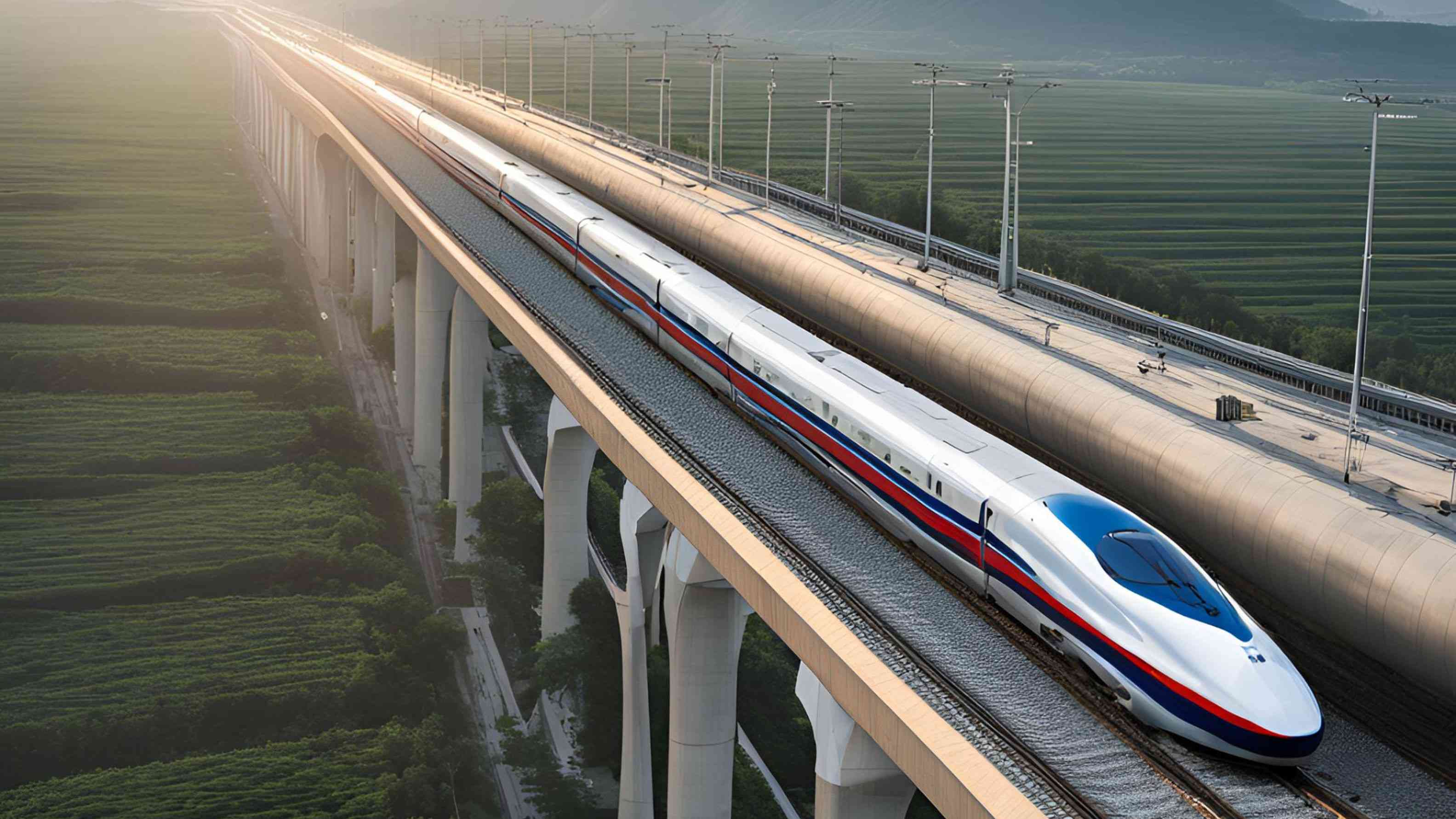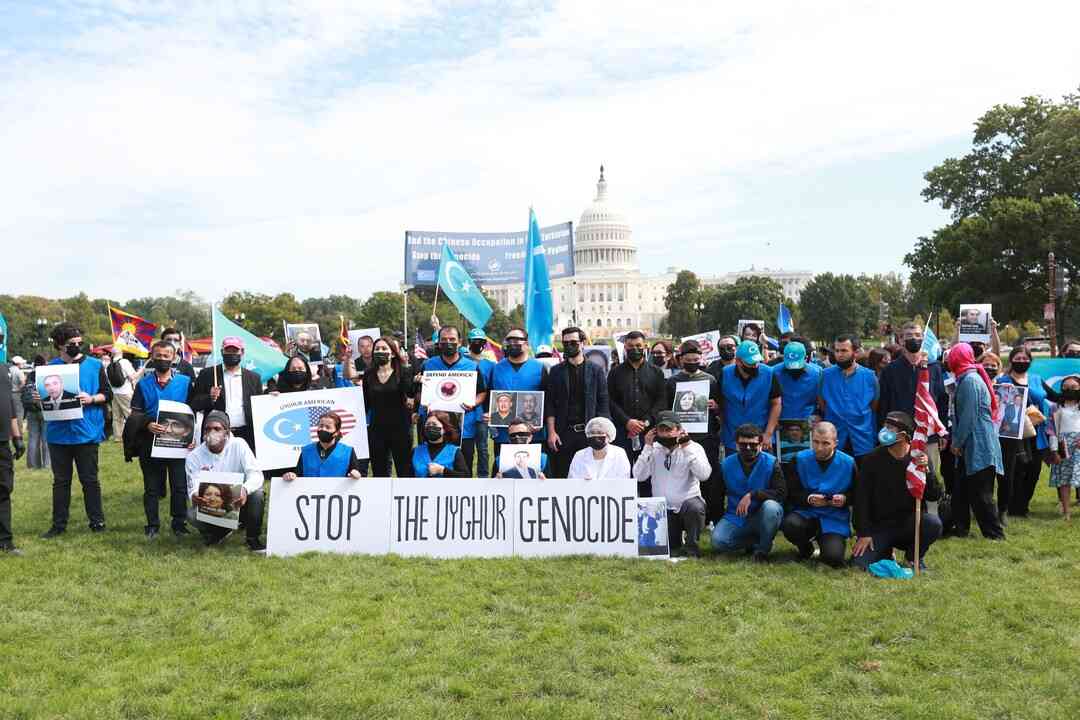
Regions of Pakistan, including Pakistan-administered Kashmir and Gilgit-Baltistan, have faced economic crises and resulting violence in recent times, but the country’s economic priorities remain in disarray. China owes billions of dollars to Pakistan, and one way Islamabad is managing this debt is through the purchase of weapons from Beijing.
This excessive purchasing spree of weapons by Pakistan has led to its increased dependence on China for arms. Data shows that 82 percent of Islamabad’s arms imports were from China between 2019 and 2023, compared to 51 percent between 2009 and 2013. Recently, China launched the Hangor-class submarines, which will be built for the Pakistan Navy by 2028 to boost Pakistan’s underwater capabilities.
Pakistan has become one of the major markets for China’s arms supply. According to a report by the Stockholm International Peace Research Institute (SIPRI), more than 60 percent of China’s arms exports are destined for Pakistan. Consequently, Pakistan has emerged as the fifth-largest importer of weapons globally.
These activities between Pakistan and China raise concerns within the international community. Empirical evidence shows that excessive military expenditure does not contribute to economic growth in underdeveloped economies. Instead, spending on education, infrastructure, and employment generation would provide greater benefits. For example, investment in education involves constructing schools, employing teachers, and developing human resources for the future. On the other hand, purchasing weapons or engaging in research and development collaborations with China does not substantially contribute to socio-economic development but rather increases regional tensions.
Recent defense deals indicate that China may be undermining Islamabad’s sovereignty. Pakistan is engaging in arms deals due to debt obligations, making it economically dependent on China. This leads to upgrades in Islamabad’s weaponry not because of an imminent threat but because of China’s strategic interests. Some view this as another example of China’s dumping practices, similar to its actions with electric vehicles and solar panels in Western markets. In Pakistan, it appears that the only acceptable form of debt repayment is through arms purchases from China.
These deals create an environment of tension and potential conflict in the region. The acquisition of advanced aircraft, missiles, and other military equipment is seen as an attempt to build regional deterrence. The recent conflicts in Gilgit-Baltistan and the economic crisis in Pakistan-administered Kashmir are already causing regional instability. This is a concern for the international community, given Pakistan’s history of conflicts with India and Afghanistan, internal provincial conflicts, and terrorist activities. There are worries that advanced submarines involved in the deal might be used as carriers for nuclear weapons. Given Pakistan’s track record with regional peace and stability, acquiring new weaponry raises concerns for the international community.
The increase in potential risks and threats from Pakistan may prompt its neighbors to acquire more weapons, leading to an arms race. Historically, arms races have created environments of animosity and uncertainty, as evidenced by the World Wars and the Cold War.
Pakistan has recently faced its worst economic crisis since independence and is burdened by billions of dollars in loans from the IMF and countries like China. The resulting political unrest in various provinces is a recurring phenomenon, driven by fundamental issues such as inflation, unaffordable prices of necessities like electricity and food, and unemployment. Though Prime Minister announced an $86 million grant for Pakistan-administered Kashmir, the question remains: how will it be funded? Will it involve taking on more loans from China, compromising Islamabad’s economic sovereignty?
- The brains behind Matavire’s immortalisation
- Red Cross work remembered
- All set for inaugural job fair
- Community trailblazers: Dr Guramatunhu: A hard-driving achiever yearning for better Zim
Keep Reading
The Pakistan military already consumes a significant portion of the national budget for its upkeep and modernization. This situation is further complicated by the arms trade with China that Islamabad feels compelled to engage in. Pakistan faces a critical choice: to prioritize its socio-economic development, sovereignty, and economic stability or to continue aligning with China’s interests, potentially destabilizing the regional power balance and global peace. Given the current economic and political situation, where millions are vulnerable to poverty and struggling for existence, engaging in an arms race could reinforce Pakistan’s position as a state facing significant challenges.











